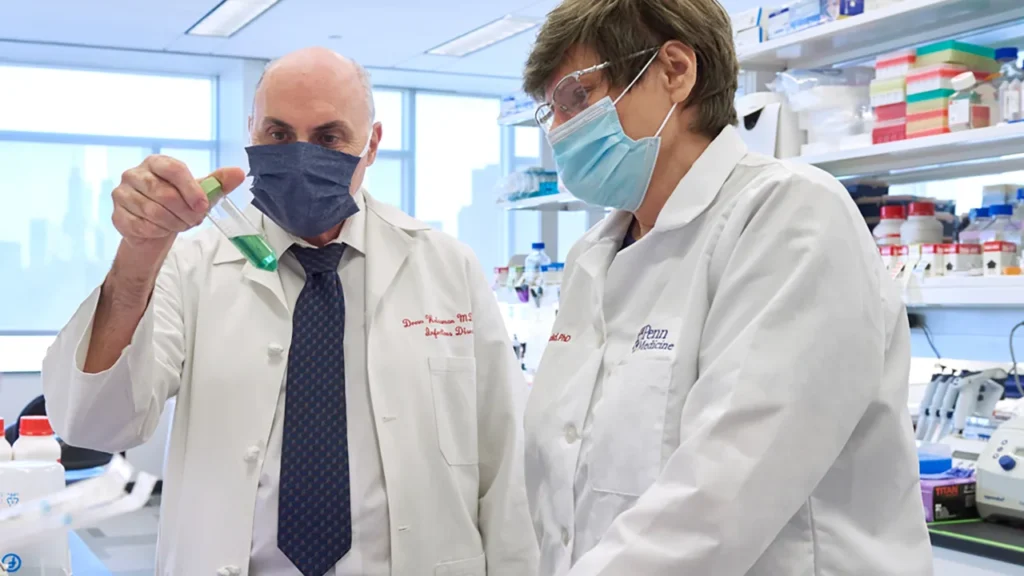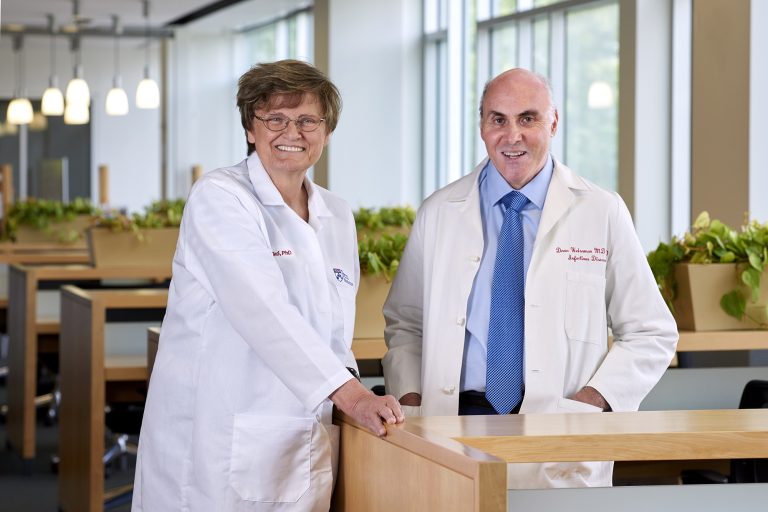The 2023 Nobel Prize in Physiology or Medicine has been awarded jointly to Katalin Karikó and Drew Weissman for their critical discoveries that enabled the development of effective mRNA vaccines against COVID-19. Their groundbreaking work laid the foundation for the Pfizer-BioNTech and Moderna vaccines, which have played a crucial role in curtailing the spread of the virus and saving countless lives during the pandemic.
Katalin Karikó, a Hungarian biochemist, and Drew Weissman, an immunologist, both professors at the University of Pennsylvania, began their collaboration in the early 1990s. Despite facing numerous challenges and rejections while applying for grants, Karikó remained devoted to developing methods to use mRNA for therapy. Weissman’s expertise in immune responses to vaccines complemented Karikó’s focus on RNA-based therapies.

Their research led to a 2005 paper that received little attention at the time but later proved to be a game-changer during the COVID-19 pandemic. Their discoveries fundamentally changed the understanding of how mRNA interacts with the immune system, paving the way for the rapid development of mRNA vaccines.
The Nobel Prize committee praised Karikó and Weissman’s “groundbreaking findings” and their significant impact on society during the recent pandemic. Their work has not only saved innumerable lives but also provided a path out of the pandemic.
Katalin Karikó was born in 1955 in Szolnok, Hungary, and received her PhD from Szeged’s University in 1982. She is also a professor at the University of Szeged in Hungary and is the 61st woman to ever be named a Nobel Laureate. Drew Weissman is the Roberts Family Professor of Vaccine Research in the Perelman School of Medicine at the University of Pennsylvania.
The Nobel Prize in Physiology or Medicine 2023 recognizes the immense contributions of these two scientists, whose work has had a profound impact on global health and will continue to shape the future of medicine and vaccine development.
Sources:




